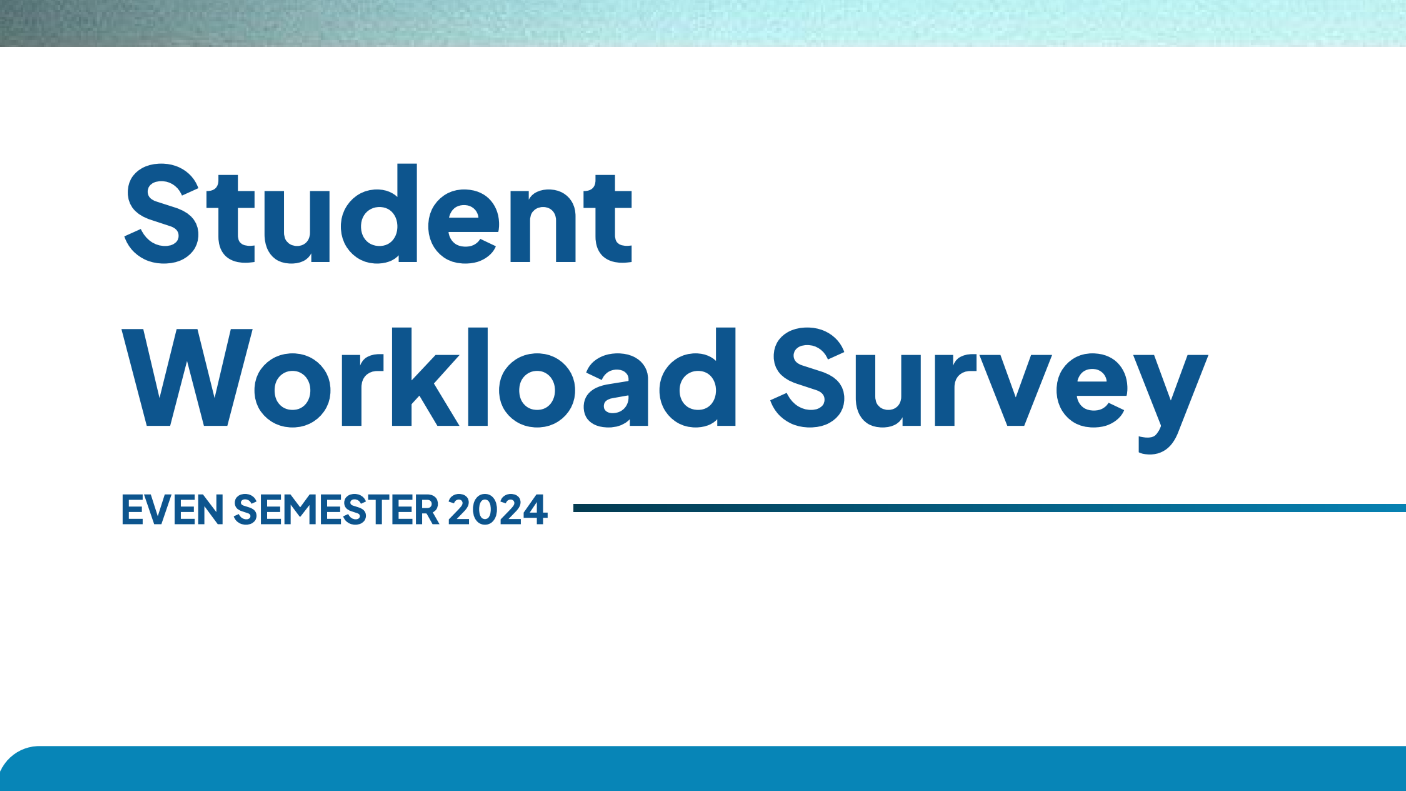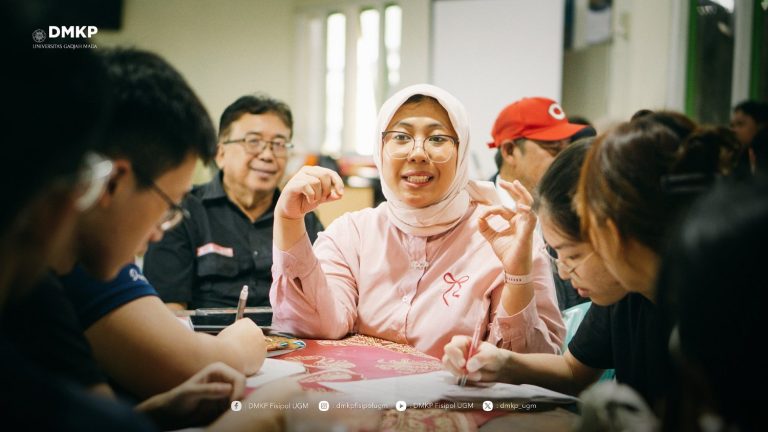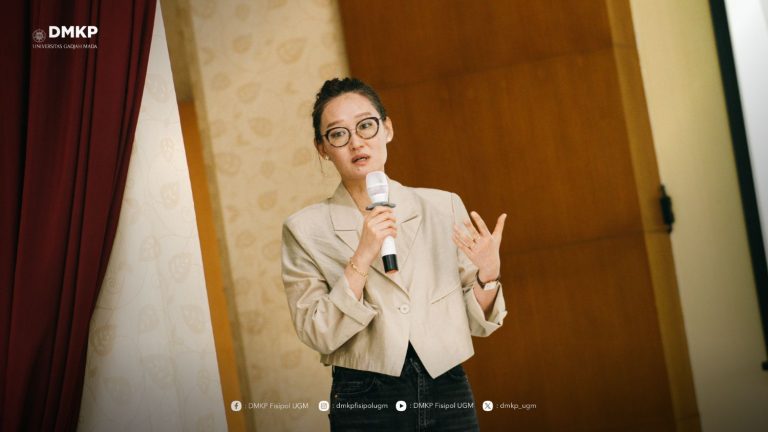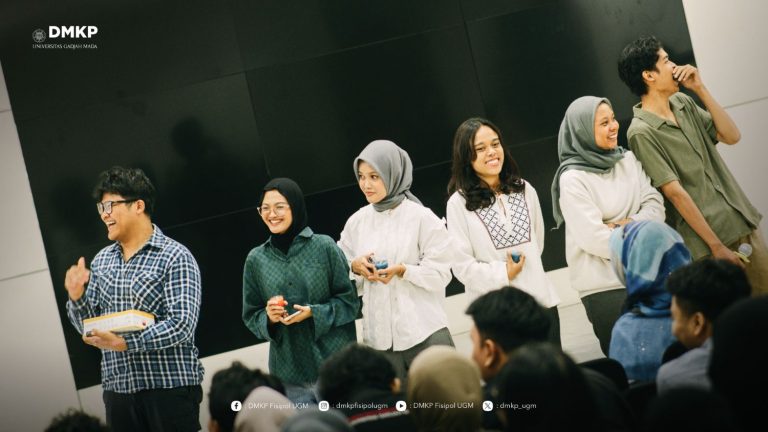The student workload survey conducted during the even semester of the 2023-2024 academic year aims to measure students’ perceptions of academic workload across various courses. This survey is designed to assess the alignment between the designated workload and the workload perceived by students. It includes three groups of students: the 2021 batch and earlier, the 2022 batch, and the 2023 batch, with a total participation of 326 students. The primary focus of the survey is the Indonesian Semester Credit System (SKS), where 1 SKS is equivalent to 170 minutes of student work per week, including 50 minutes of classroom learning, 60 minutes of structured assignments, and 60 minutes of independent study.
The approach used in this survey is a mixed-methods one, utilizing multiple-choice questions and open-ended feedback to capture detailed student experiences. Students were asked to report their weekly study time for face-to-face classes, self-study activities, and structured assignments. They also provided feedback on how the workload could be better balanced.
The survey results indicate discrepancies between the perceived workload and the designated SKS for several courses. For example, courses like “Human Resource Management” and “Introduction to Public Policy” were perceived by students as having too heavy a workload, while other courses like “Social Research Methods” and “Quantitative Research” were more in line with the designated workload.
The average study time reported by students varied, with face-to-face class time ranging from 160 to 175 minutes per week. Self-study activities ranged from 108 to 255 minutes per week, depending on the course, while time spent on structured assignments ranged from 159 to 287 minutes per week. Students also suggested several ways to improve workload balance, including better distribution of assignments throughout the semester, more realistic deadlines, and enhanced support for independent study activities.
The analysis of the survey results highlights the need for a more synchronized approach to workload determination. For instance, courses with high perceived workloads require a re-evaluation of their SKS allocation to ensure they do not exceed the designated workload. Additionally, the survey emphasizes the importance of transparent communication between faculty and students regarding workload expectations.
The Department of Public Policy and Management plans to use these insights to adjust course designs, ensuring a more balanced and manageable academic experience for students. By addressing the identified discrepancies and implementing the recommended changes, the department aims to enhance student satisfaction and academic performance, creating a more effective and supportive learning environment. For more detailed information on the survey results and methodology, please refer to the full report available through the following link: https://drive.google.com/file/d/1nyAA727mKzCWiROQQBJhCo6EAc-jhHCs/view?usp=sharing




